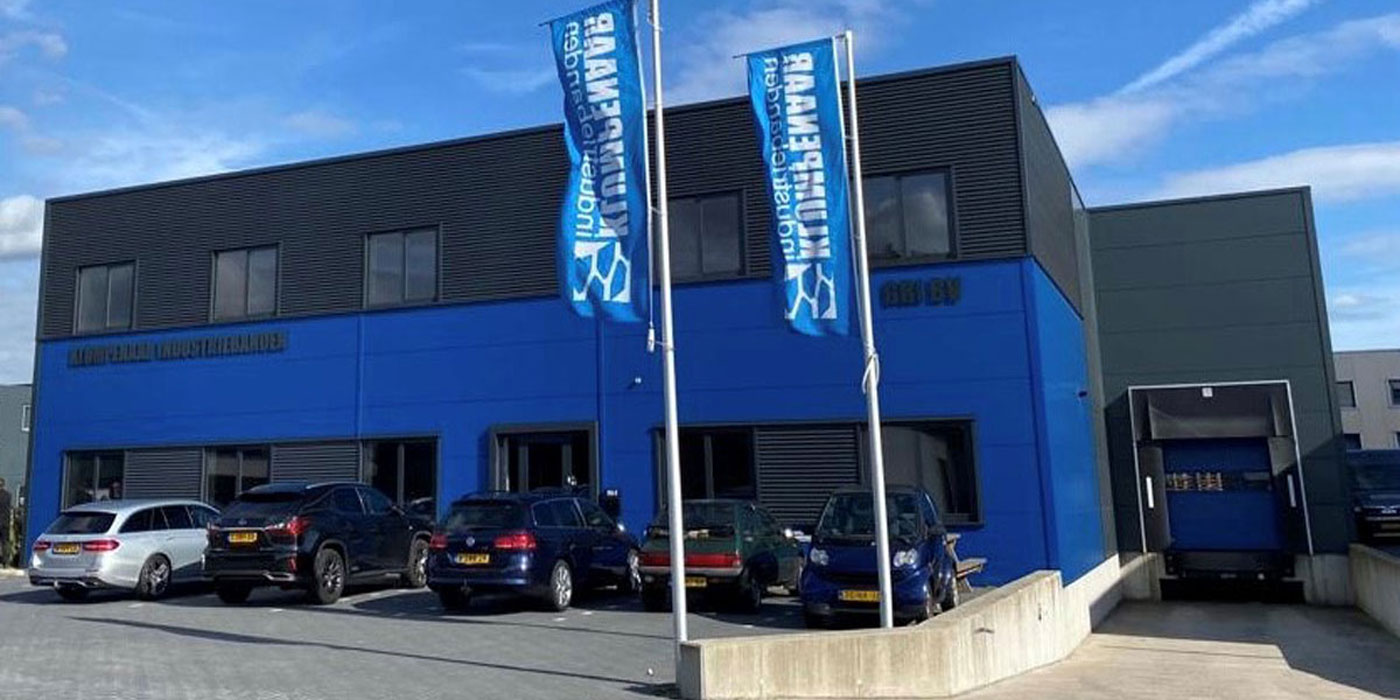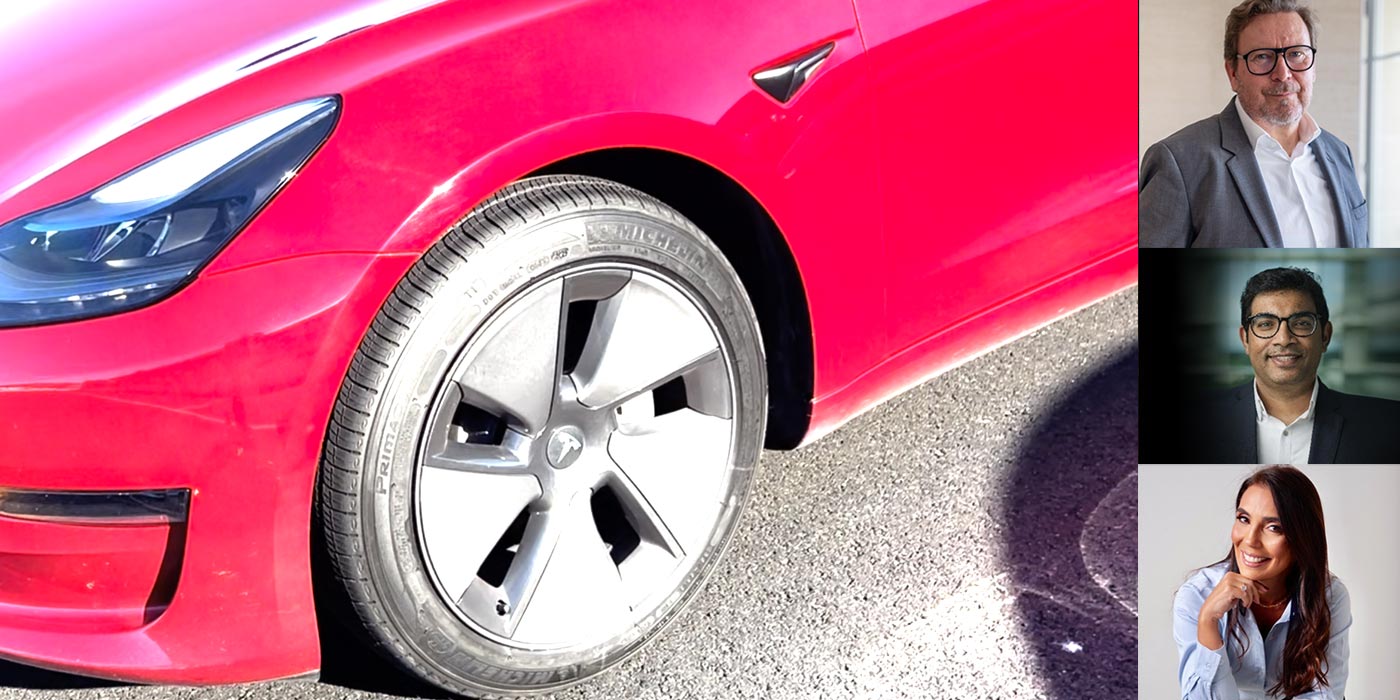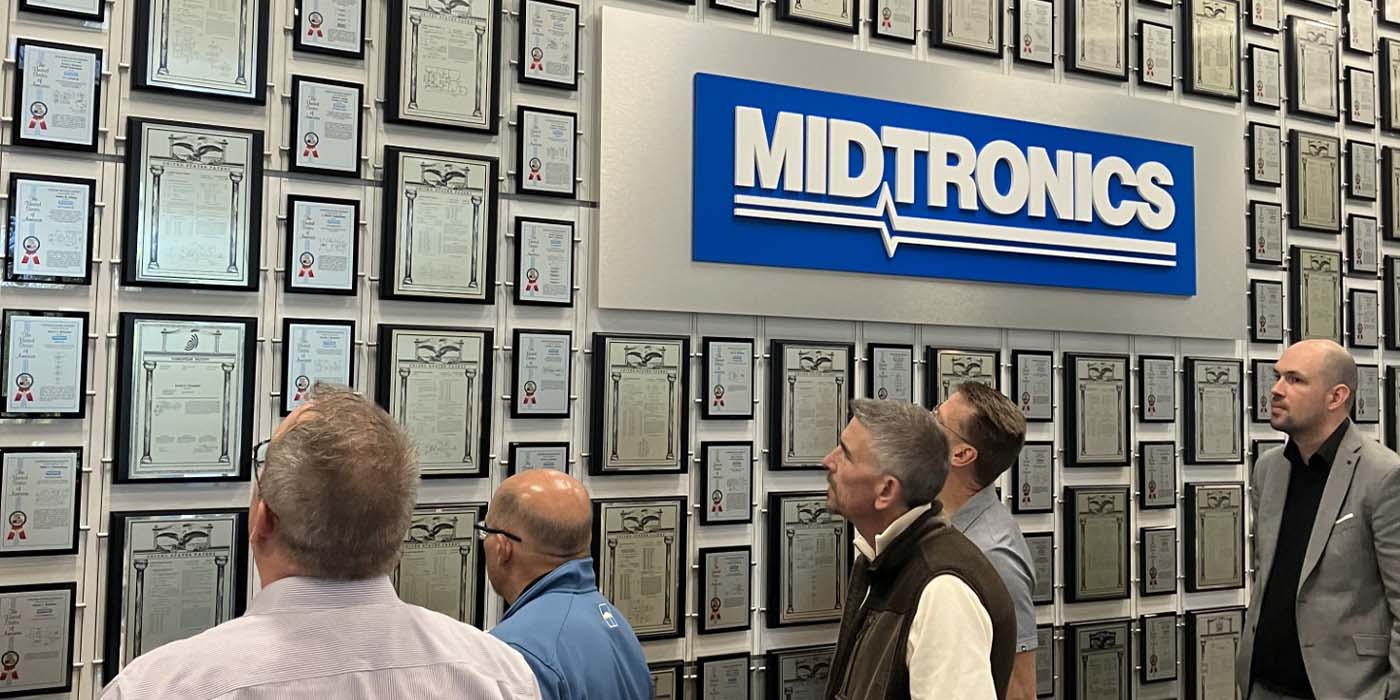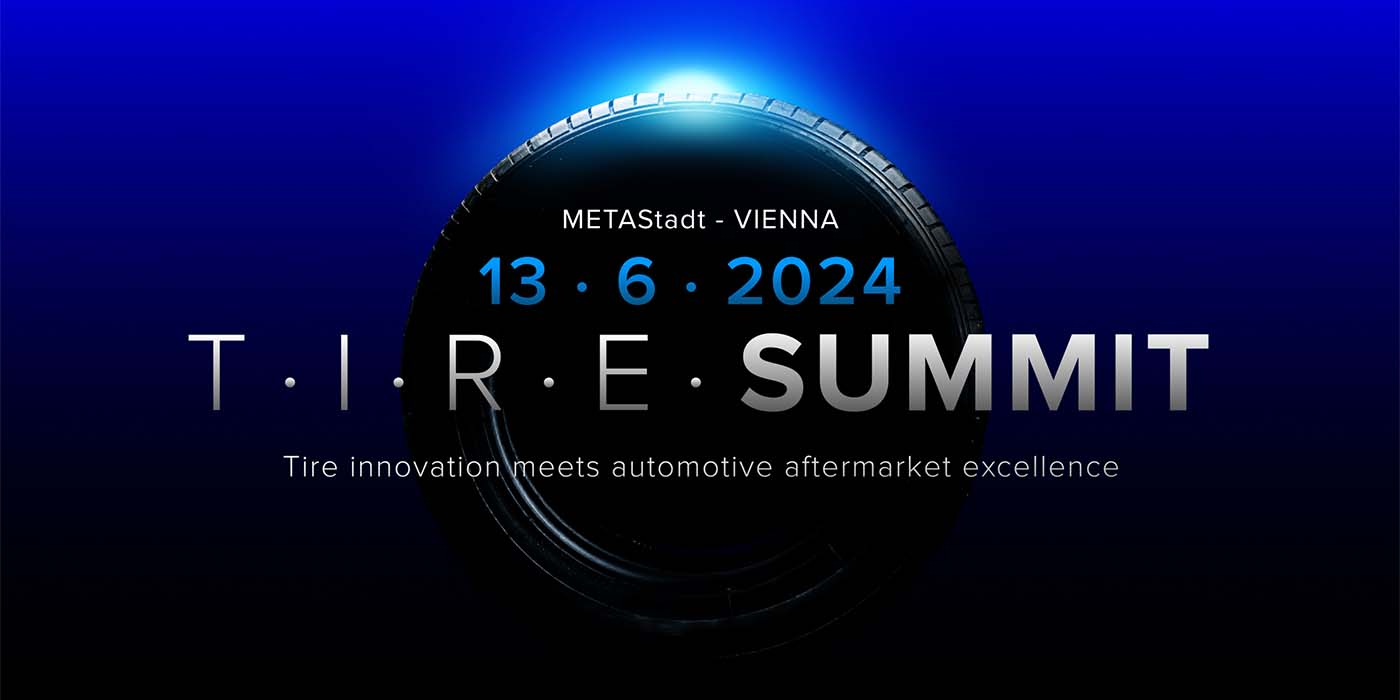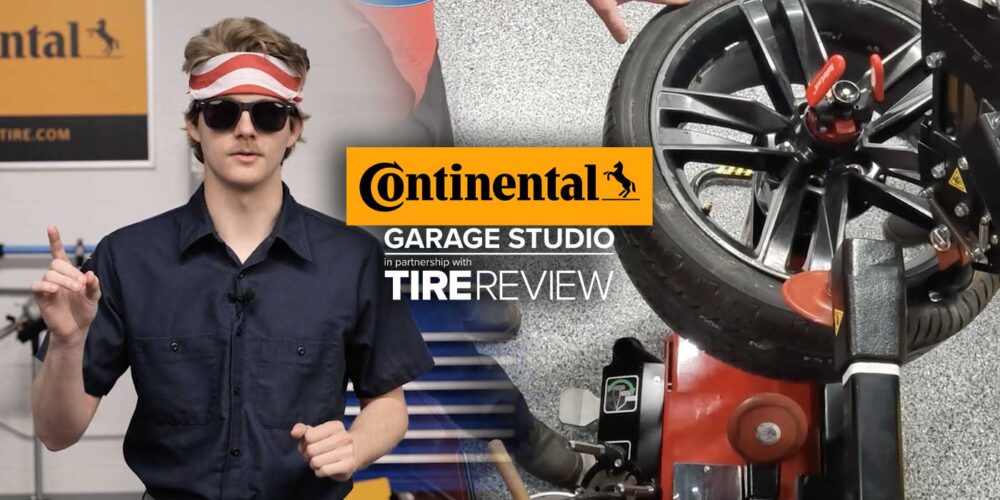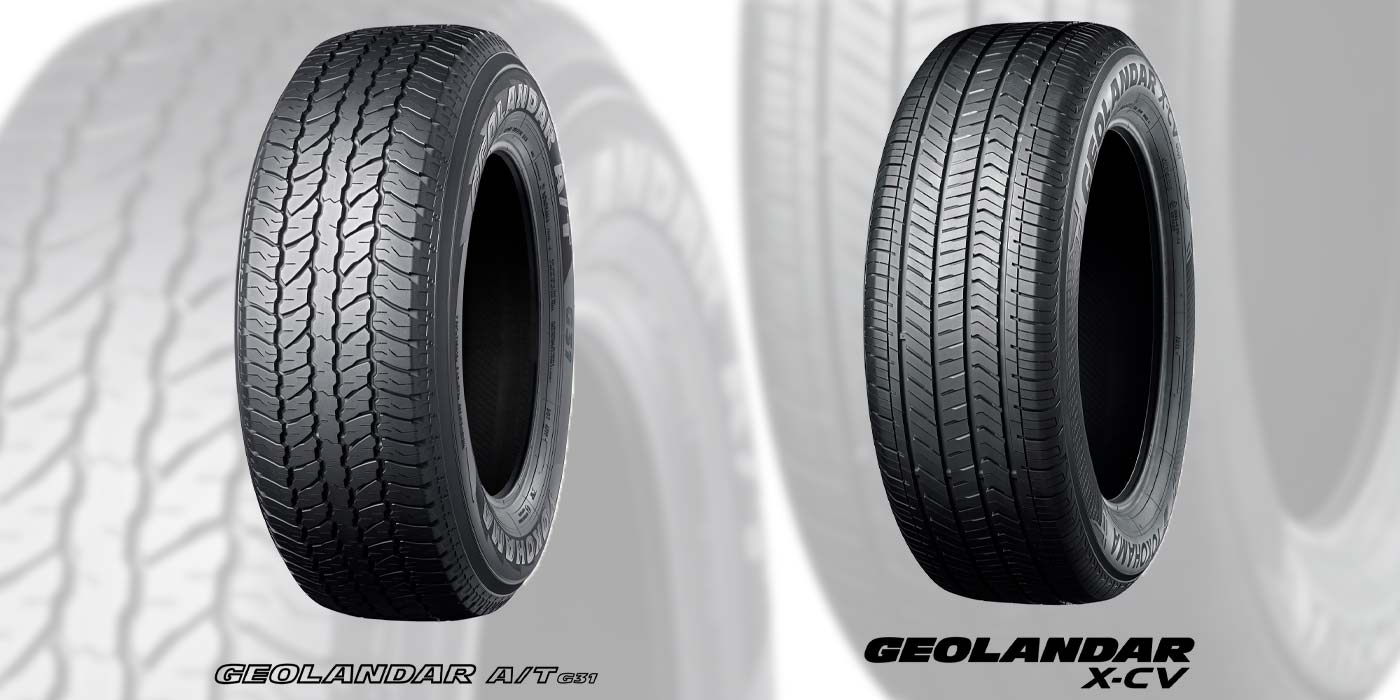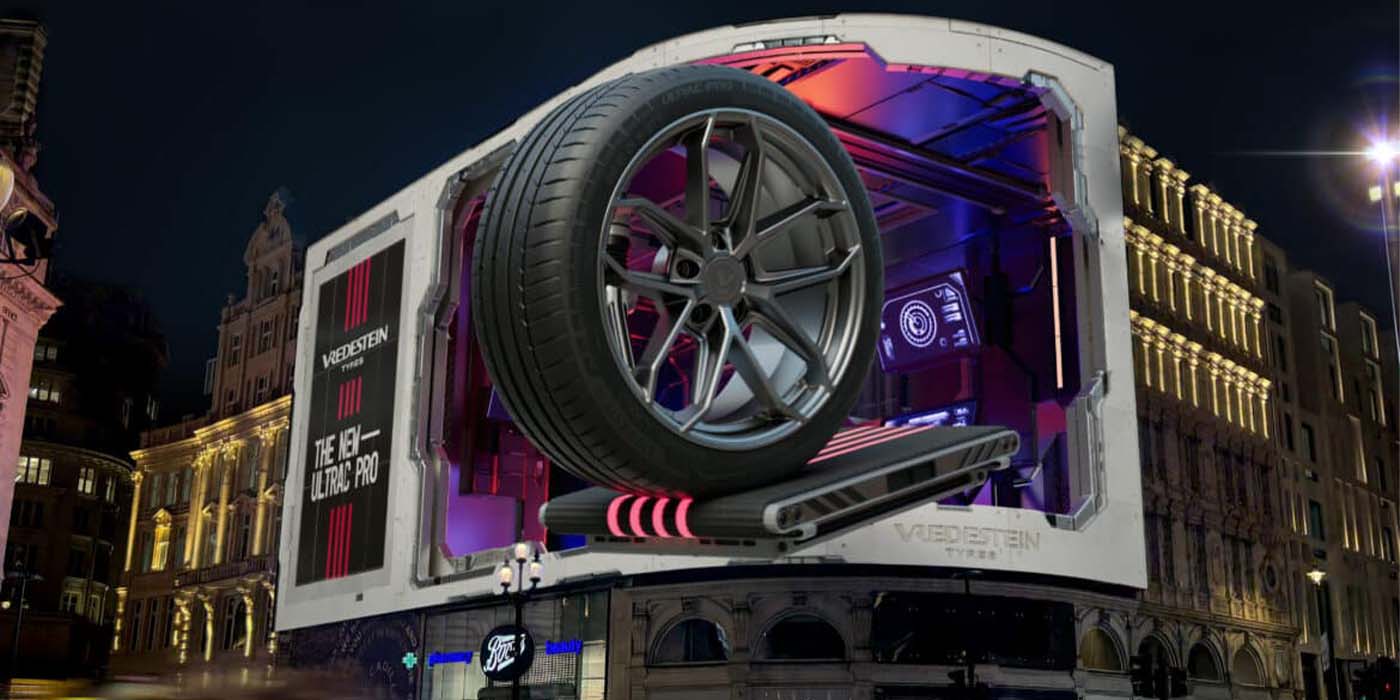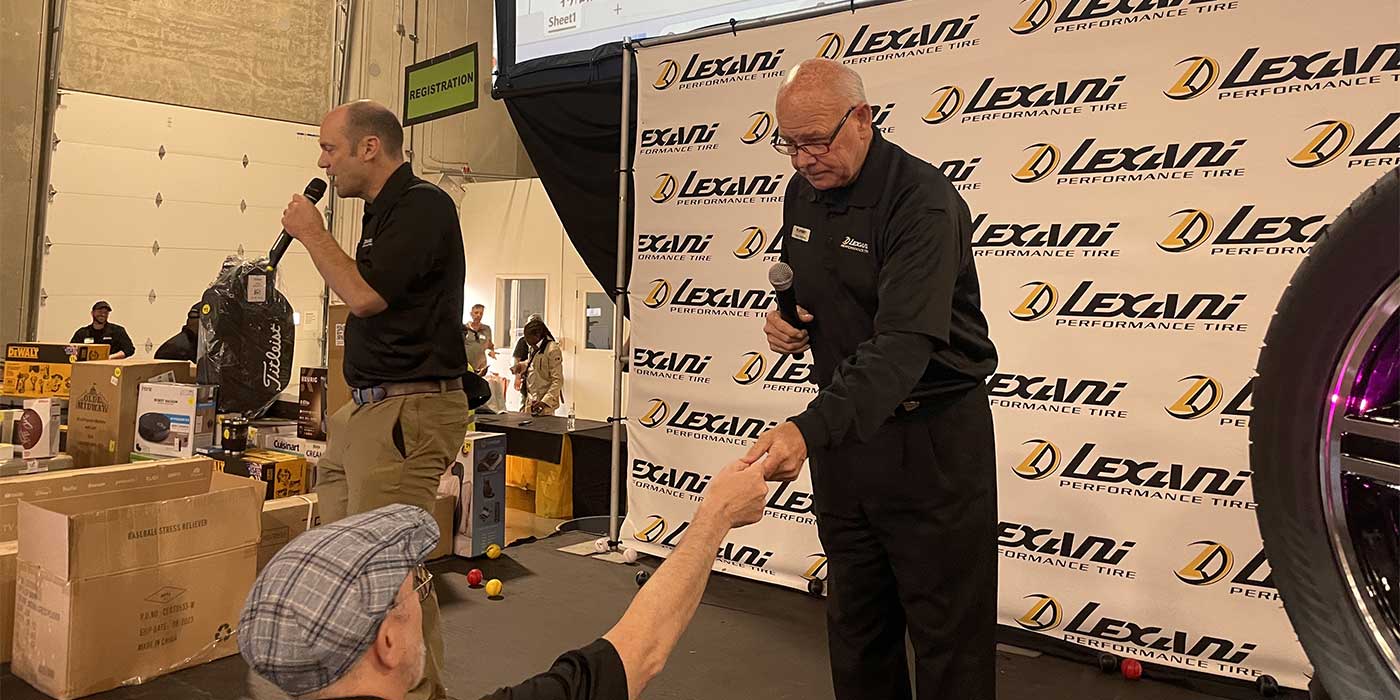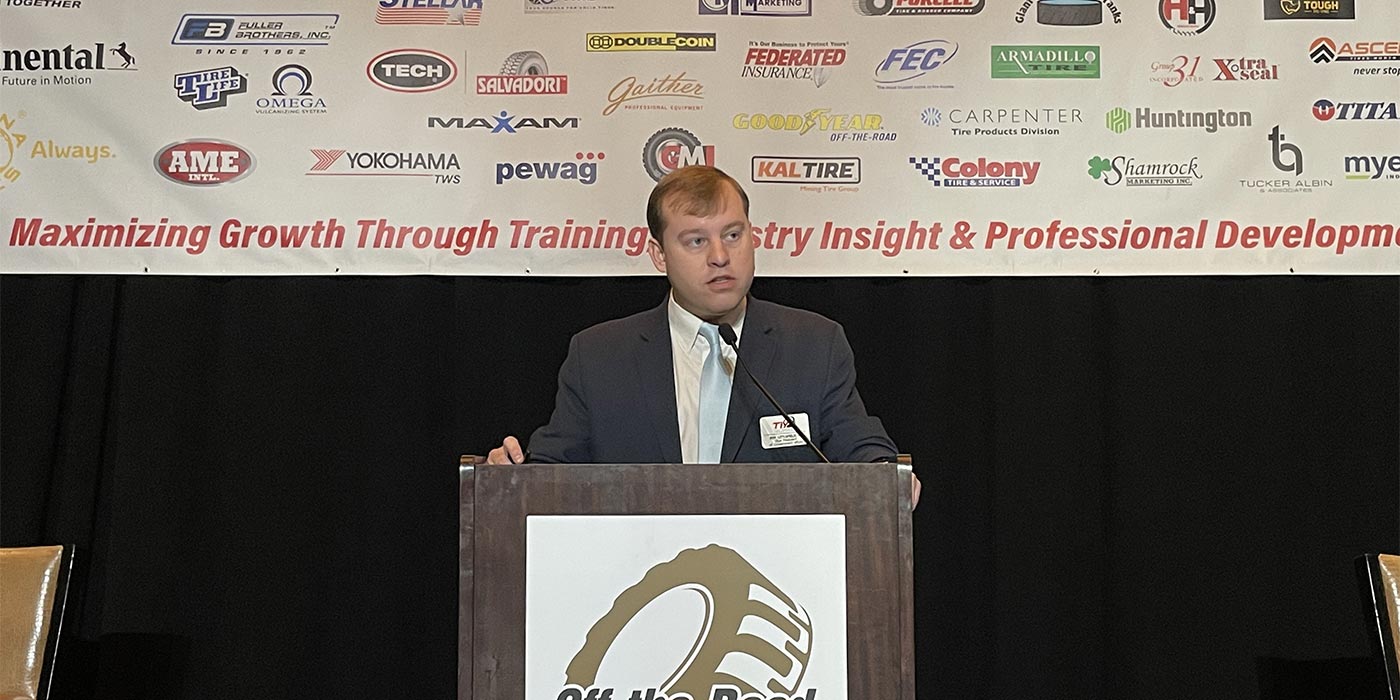What Drucker Would Have Said
By Rick Wartzman
In the mid-1970s, Peter Drucker stood before a group of executives at New York University and listened to one of them gripe about his struggles in a difficult economy. Drucker offered a bit of advice, but the executive evidently was not persuaded.
"I don’t think that will work for me," the man said in an exchange recounted in John Tarrant’s book, Drucker: The Man Who Invented the Corporate Society.
"Then you had better go out of business," Drucker replied. "There is no law that says a company must last forever."
I imagine Drucker would have said pretty much the same thing had he been able to spend a few minutes with the CEOs of the Big Three automakers as they trekked to Capitol Hill this week to plead for $25 billion in federal relief.
He wouldn’t have done this cavalierly, mind you. For Drucker understood all too well the personal pain and social dislocation that can result when an industry implodes.
Six decades ago, he watched the mechanical cotton picker begin to sweep across the South, obviating the need for labor in the fields. "No doubt," he wrote, "the replacement of the economically most inefficient sharecropper by the efficient machine should eventually result in a higher income for all, including the displaced sharecroppers or their descendants.
"But where will the 5 or 8 million sharecroppers go, and what will they do?" Drucker went on. "And what about the social and economic fabric of the South of which they have been the warp? Surely a sudden displacement of sharecroppers would be a social and political catastrophe not only for the South but for the whole country."
And yet Drucker also recognized that trying to stand in the way of the machine – in the way of the future – by implementing some sort of industrial policy would "result eventually in even worse catastrophe; with every year, the adjustment will become more difficult, the status quo less tenable."
The analogy between cotton and cars is far from perfect. But the painful conclusion is inescapably the same: Giving a crutch to a group of companies that can’t compete on their own will only delay the inevitable and make it tougher to adjust down the road.
Drucker’s relationship with the auto industry was long and at times quite strained. His words of warning about the Cotton South, in fact, were penned as part of his 1946 book, Concept of the Corporation, which was first and foremost a study of the most troubled of the automakers today, General Motors.
At the time GM sat atop the world, and Concept of the Corporation was more than respectful. "Most reviewers," Drucker would later remember, "considered the book to be strongly pro-GM." But among the company’s senior managers, it became anathema immediately upon publication.
Drucker’s work was reviled, he explained, because he’d had the temerity to say that GM might want to review some of its core policies and strategies, especially those that had been in place for 20 years or more. The fact that these approaches had been so successful, he added, made it all the more urgent that they be reevaluated.
"It was not so much my specific suggestions for changes that upset the GM executives, but my suggesting that policies must be considered as temporary and subject to obsolescence," said Drucker. "To the GM executives, policies were ‘principles’ and were valid forever, or at least for very long periods."
By the 1990s, Drucker took another look at GM and concluded that, on some level, not much had really changed – although now, instead of being highly profitable and widely admired, the company was faltering badly (especially against its Japanese rival, Toyota, which had welcomed many of Drucker’s ideas, particularly in the area of human relations). The Detroit giant, as Drucker saw it, was as slow-footed and resistant to fresh thinking as ever.
The reasons for GM’s "inability to pull itself out of the mire," Drucker wrote in a new introduction to Concept of the Corporation, "are largely the problems…pointed out 50 years ago."
The question today is: Why would anybody think anything’s suddenly going to be different because of a $25 billion infusion?
Still, just saying no to the automakers’ bailout bid isn’t responsible, either. Behind every Hummer, after all, stand the humans who’ve built it. So instead of $25 billion in aid for the companies, why not a $25 billion investment in those autoworkers and others who may be displaced as abruptly as the sharecroppers of the old South?
The federal government currently spends about $20 billion on all its various job-training programs combined, according to the Workforce Strategy Center, a New York-based think tank. It’s the right time for a big boost in that budget, especially with millions of green jobs expected to be created over the next 30 years.
"Protecting aging industries does not work," Drucker asserted in his 2002 book, Managing in the Next Society. "That is the clear lesson of 70 years of farm subsidies." Whatever is being spent on propping up failing enterprises, he wrote, "should instead go to subsidizing the incomes of older laid-off workers and to retraining and redeploying younger ones."
Money won’t solve everything: Many workforce development initiatives are poorly managed and need to be overhauled. But there are some promising models out there, and the general thrust is pure Drucker: providing access to increased knowledge while putting the past in the rearview mirror.
If you have comments to share, send to me at [email protected].
– Jim Smith


